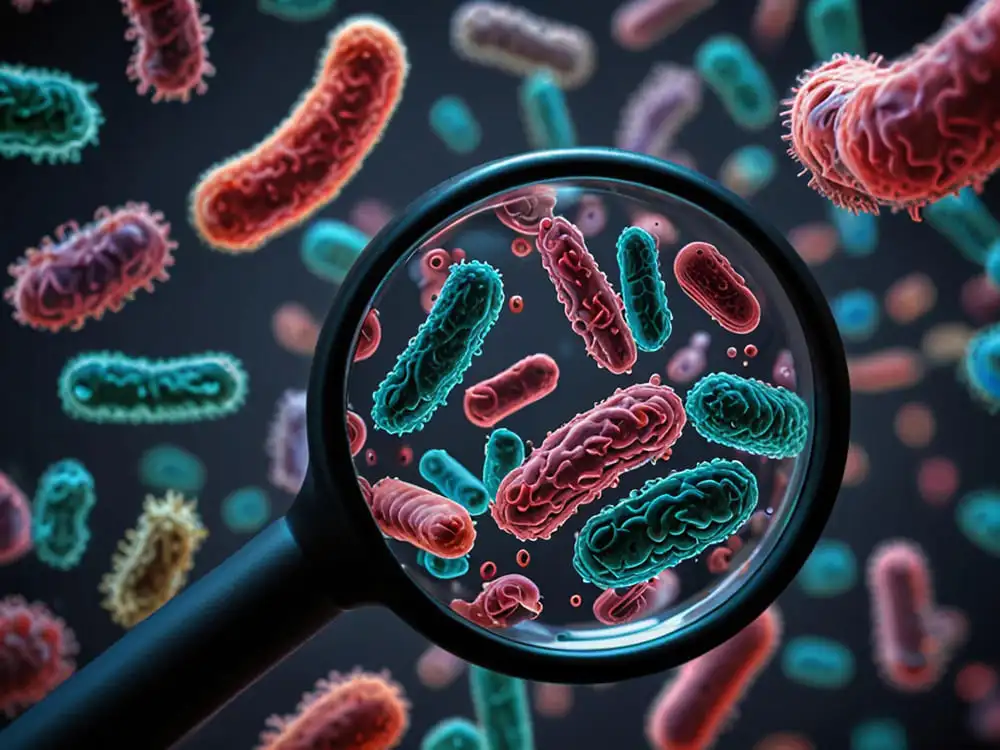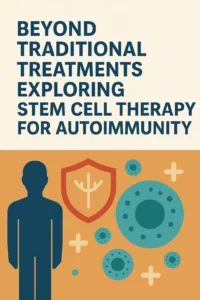Carcinogens, or cancer-causing substances, can be found in many areas of our daily lives. From chemicals in the air we breathe to the food we eat, these harmful agents pose a significant risk to our health. While it’s impossible to completely avoid all carcinogens, understanding what they are and how they cause cancer can empower us to make smarter choices.
This article explores common carcinogens, the link between diet and cancer, and lifestyle changes that can reduce your risk of developing this disease. Armed with knowledge and practical tips, you can take proactive steps toward a healthier, cancer-free life.
What Are Carcinogens and How Do They Cause Cancer?
Carcinogens are substances that can lead to cancer by damaging our DNA or interfering with cellular processes. When these cancer-causing substances enter the body, they can create mutations in cells, leading to uncontrolled growth and, eventually, cancer.
Not all carcinogens have the same level of risk, and exposure doesn’t guarantee cancer development. However, the longer and more intense the exposure to carcinogens, the higher the likelihood of DNA damage and the potential for cancerous growths.
Common carcinogens include tobacco smoke, ultraviolet (UV) radiation, asbestos, radon, alcohol, and various chemicals found in everyday products. Understanding these cancer-causing substances helps you make decisions that can lower your risk of exposure.
Common Carcinogens and How to Reduce Exposure to Them
1. Tobacco Smoke
- Risk: Tobacco smoke contains over 70 known carcinogens, including formaldehyde and benzene. Smoking is the leading cause of lung cancer, but it also contributes to cancers of the throat, mouth, and pancreas.
- How to reduce exposure: The best way to reduce your risk is by quitting smoking or avoiding secondhand smoke. Support groups, nicotine replacement therapy, and counseling can all help with quitting.
2. Asbestos
- Risk: Asbestos is a known carcinogen that can cause mesothelioma, a rare cancer affecting the lining of the lungs. It is found in older buildings, insulation materials, and certain automotive products.
- How to reduce exposure: If you live or work in an older building, have professionals assess for asbestos and remove it if necessary. Avoid DIY renovations in homes that may contain asbestos.
3. Radon
- Risk: Radon is a naturally occurring gas that seeps into homes from the ground. Long-term exposure to high levels of radon increases the risk of lung cancer, especially in smokers.
- How to reduce exposure: Test your home for radon using an at-home radon test kit. If radon levels are high, install a mitigation system to ventilate the gas outside.
4. Ultraviolet Radiation (UV)
- Risk: Prolonged exposure to UV rays from the sun or tanning beds can cause skin cancers, including melanoma.
- How to reduce exposure: Wear sunscreen with at least SPF 30, seek shade during peak sun hours (10 a.m. to 4 p.m.), and wear protective clothing when outdoors.
5. Alcohol Consumption
- Risk: Alcohol is linked to cancers of the liver, breast, mouth, throat, and esophagus. The more you drink, the higher your cancer risk.
- How to reduce exposure: Limit alcohol intake or avoid it altogether. If you drink, aim to follow the recommended guidelines: no more than one drink per day for women and two for men.
6. Chemicals in Household Products
- Risk: Some chemicals found in cleaning products, plastics, and cosmetics may increase the risk of cancer with prolonged exposure.
- How to reduce exposure: Opt for natural, non-toxic cleaning products and use glass containers instead of plastic. Check labels and avoid products containing parabens, phthalates, and formaldehyde.
7. Processed Foods
- Risk: Some processed foods, especially those containing preservatives like nitrates, have been linked to an increased risk of cancers such as colorectal cancer.
- How to reduce exposure: Focus on a diet rich in fresh fruits, vegetables, and whole grains. Minimize processed meats like bacon and sausage, which are classified as carcinogens by the World Health Organization (WHO).
The Link Between Diet and Cancer
Diet plays a crucial role in cancer prevention. While no food can guarantee a cancer-free life, certain dietary patterns are linked to a lower cancer risk. Here’s how you can use food as a powerful tool in your fight against carcinogens:
- Eat more plant-based foods: Vegetables, fruits, whole grains, and legumes are packed with antioxidants and fiber, both of which help protect cells from damage. Cruciferous vegetables like broccoli, cauliflower, and Brussels sprouts are particularly potent in reducing cancer risk.
- Limit red and processed meats: These meats have been linked to colorectal and stomach cancers. Opt for lean proteins like fish, poultry, or plant-based sources of protein such as beans and lentils.
- Choose healthy fats: Replace trans and saturated fats with healthier options like olive oil, nuts, and seeds, which help reduce inflammation and may lower cancer risk.
Lifestyle Choices That Increase Your Risk of Cancer
In addition to exposure to carcinogens, certain lifestyle choices can significantly increase your cancer risk. Some of these include:
1. Physical Inactivity
- Lack of regular exercise is linked to a higher risk of several cancers, including breast and colon cancer.
- Solution: Aim for at least 150 minutes of moderate physical activity per week. Even daily brisk walks can help reduce cancer risk.
2. Stress and Poor Mental Health
- Chronic stress can lead to unhealthy behaviors like overeating, smoking, and excessive alcohol consumption, all of which contribute to cancer.
- Solution: Incorporate stress management techniques into your daily routine, such as meditation, yoga, or simple breathing exercises.
3. Skipping Cancer Screenings
- Regular screenings can catch cancer early when it’s most treatable. Ignoring routine check-ups or screenings can lead to late detection.
- Solution: Stay up to date on cancer screenings, especially if you have a family history of the disease. Mammograms, colonoscopies, and skin exams are essential tools for early detection.
Cancer Prevention Tips
Prevention is better than cure, and while we can’t control every factor, adopting a proactive approach to your health can dramatically lower your cancer risk:
- Maintain a healthy weight: Obesity is linked to several cancers, including breast, colon, and kidney cancer. Follow a balanced diet and engage in regular physical activity to maintain a healthy weight.
- Quit smoking: As the leading cause of cancer, quitting smoking is one of the most impactful steps you can take for cancer prevention.
- Limit alcohol consumption: Keep your alcohol intake to a minimum, or eliminate it altogether.
- Protect yourself from UV radiation: Always wear sunscreen and avoid tanning beds to reduce your risk of skin cancer.
- Stay informed: Knowledge is power. Stay educated on carcinogens and cancer risks, and make informed decisions about your lifestyle and environment.
Conclusion
Carcinogens and cancer-causing substances are part of our environment, but we are not powerless. By understanding these risks and making proactive choices like improving your diet, avoiding tobacco smoke, and getting regular cancer screenings you can significantly reduce your cancer risk and lead a healthier life. Remember, small changes in your lifestyle can lead to big rewards in your long-term health and well-being.
By adopting cancer prevention strategies and focusing on a healthy lifestyle, you can take charge of your future and minimize your risk of this deadly disease.





